Doing business
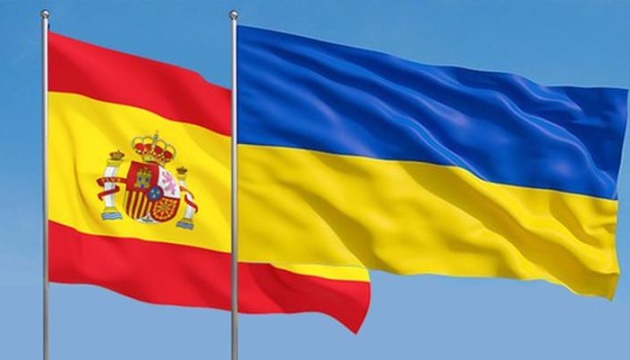
Spain has provided significant financial, political and humanitarian aid to Ukraine since the beginning of the russian invasion. Spain has made a significant contribution to military assistance to support the Armed Forces of Ukraine through several packages of military equipment and protective gear, as well as military training, transportation and treatment of the wounded. Spain has also made a significant contribution to EU funding through the European Peace Facility, which has allocated €11.1 billion to date.
On May 27, 2024, Ukraine and Spain signed a bilateral agreement on security cooperation. Humanitarian aid, economic recovery and reconstruction, support for Ukraine’s reforms on the path to EU and NATO membership, and strengthening of sanctions against russia. All these areas of cooperation are set out in the agreement. Spain became the tenth country with which Ukraine signed a bilateral security agreement. In addition, the Iberian country’s participation in the Peace Summit in Switzerland was confirmed.
As part of the agreement, Madrid will provide Ukraine with €1.13 billion in military aid this year, including tanks, air defence systems and artillery. This year’s military aid package from Spain will be based on new products. These include 155 mm artillery shells, anti-drone systems, tactical vehicles, optoelectronic equipment for surveillance and reconnaissance, remote combat modules, mortars, infantry weapons and other equipment. By 2027, Spain will provide another €5 billion through the European Peace Facility.
Spain regularly conducts training for the Ukrainian military. In addition, the country will expand its combat training programme by another 400 people.
Spain will deepen cooperation in the intelligence, fight against organised crime and defence sectors, including by exploring joint production opportunities and identifying possible sources of funding to develop the defence industry base of Ukraine.
The country has already allocated more than €400 million in loans and grants for Ukraine’s social and economic resilience and reconstruction through multilateral institutions such as the European Bank for Reconstruction and Development, the World Bank and the European Investment Bank. Spain will also contribute to the development of the protection of critical infrastructure of Ukraine.
Spain remains dedicated to humanitarian demining, aimed at the complete clearance of all Ukrainian territory of mines and explosive devices and substances, and therefore continues its ongoing support for humanitarian demining, including through a Spanish contribution of €1.5 million to UNDP for humanitarian demining in Ukraine.
The Kingdom of Spain is one of the leading trade partners of Ukraine in the world and the leading European importer of Ukrainian grain, and this turnover has increased significantly during the war. In 2023, it became the largest importer of Ukrainian wheat in the world. Ukrainian IT companies have set up a number of branches in Spain in recent years, investing in the Spanish economy.
The country remains an important trade partner of Dnipropetrovsk region. The high level of partnerships is evidenced by analysis of bilateral foreign trade. Spanish companies are most interested in cereals, ferrous metals and products made thereof, fats and vegetable oil, petroleum and its distillation products, etc. In 2023, the volume of exports of goods from Dnipropetrovsk region amounted to $93.1 million, up 17% compared to 2022.
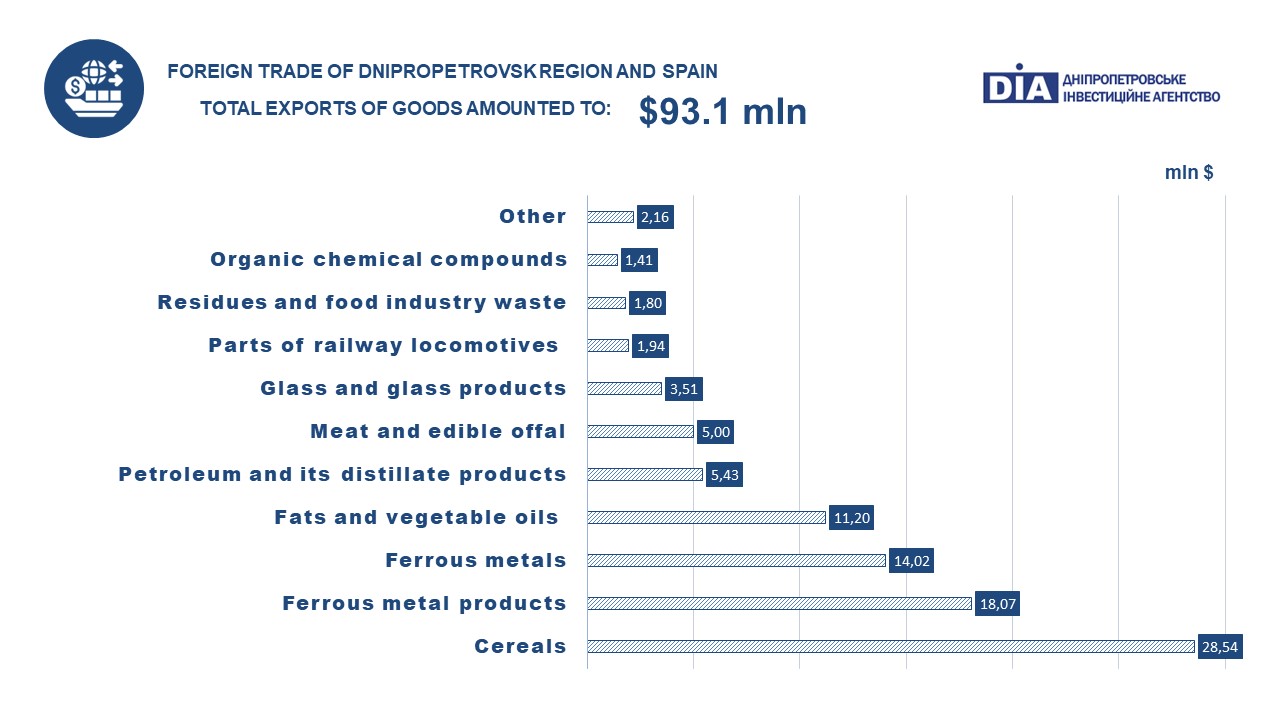
97 companies in Dnipropetrovsk region exported their products to the Spanish market, including mining and metallurgical companies, agricultural enterprises, machine-building, food and processing companies.
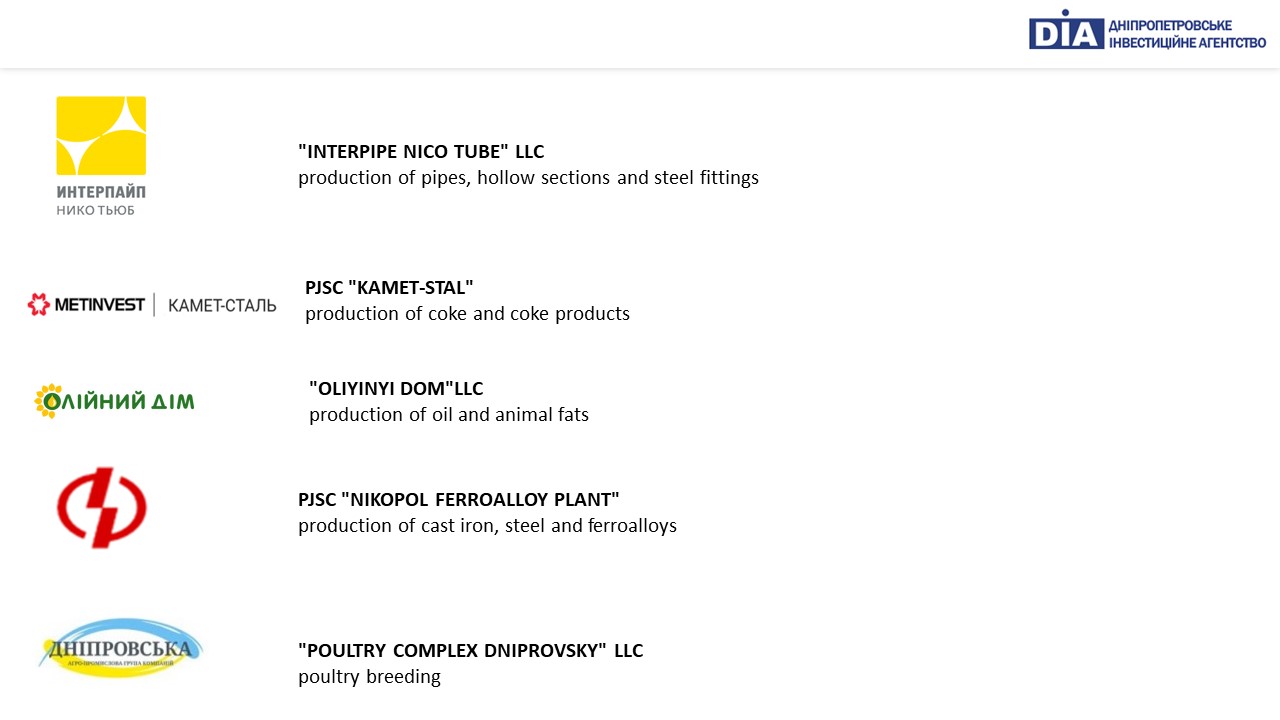
Imports of goods from Spain to Dnipropetrovsk region increased by 36.6% compared to 2022 and amounted to $71.9 million.
240 importers of the region bought rubber, gum, alcoholic and non-alcoholic beverages, pharmaceutical products, essential oils, machinery and equipment, etc.
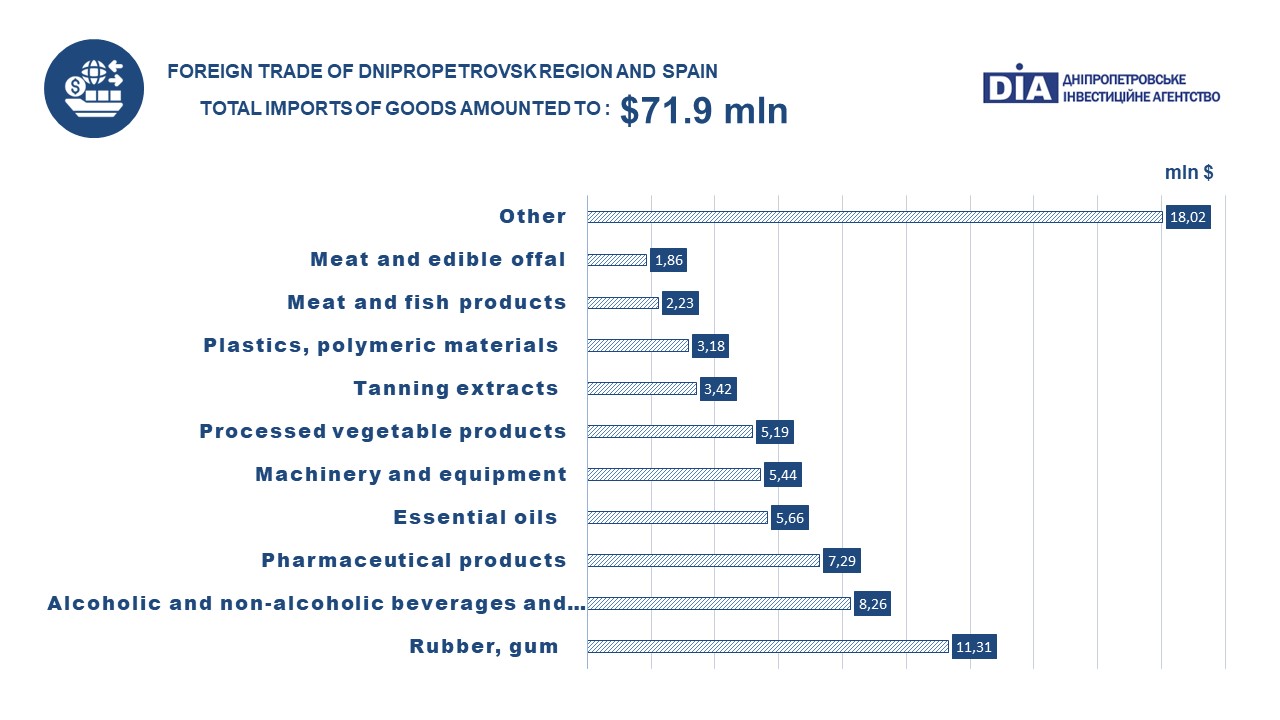
Imports were mainly carried out by food and processing companies, trade and pharmaceutical companies.
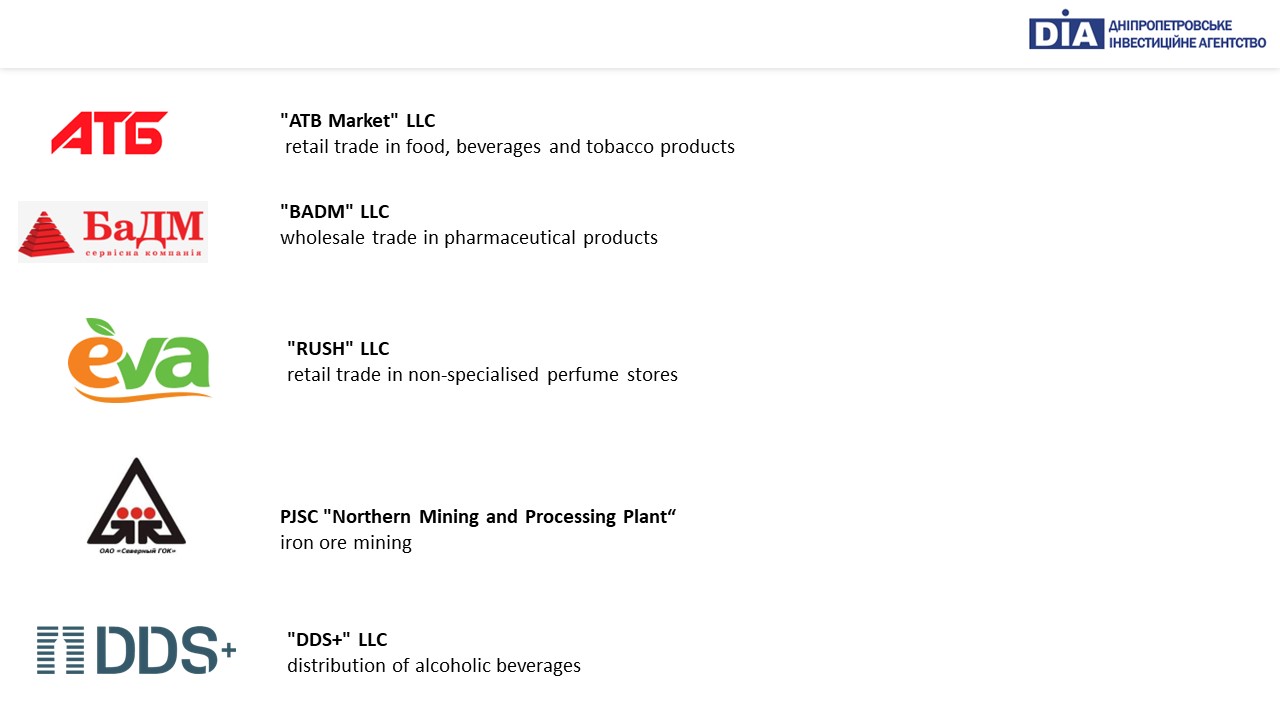
Source: information for the article was taken from open online sources